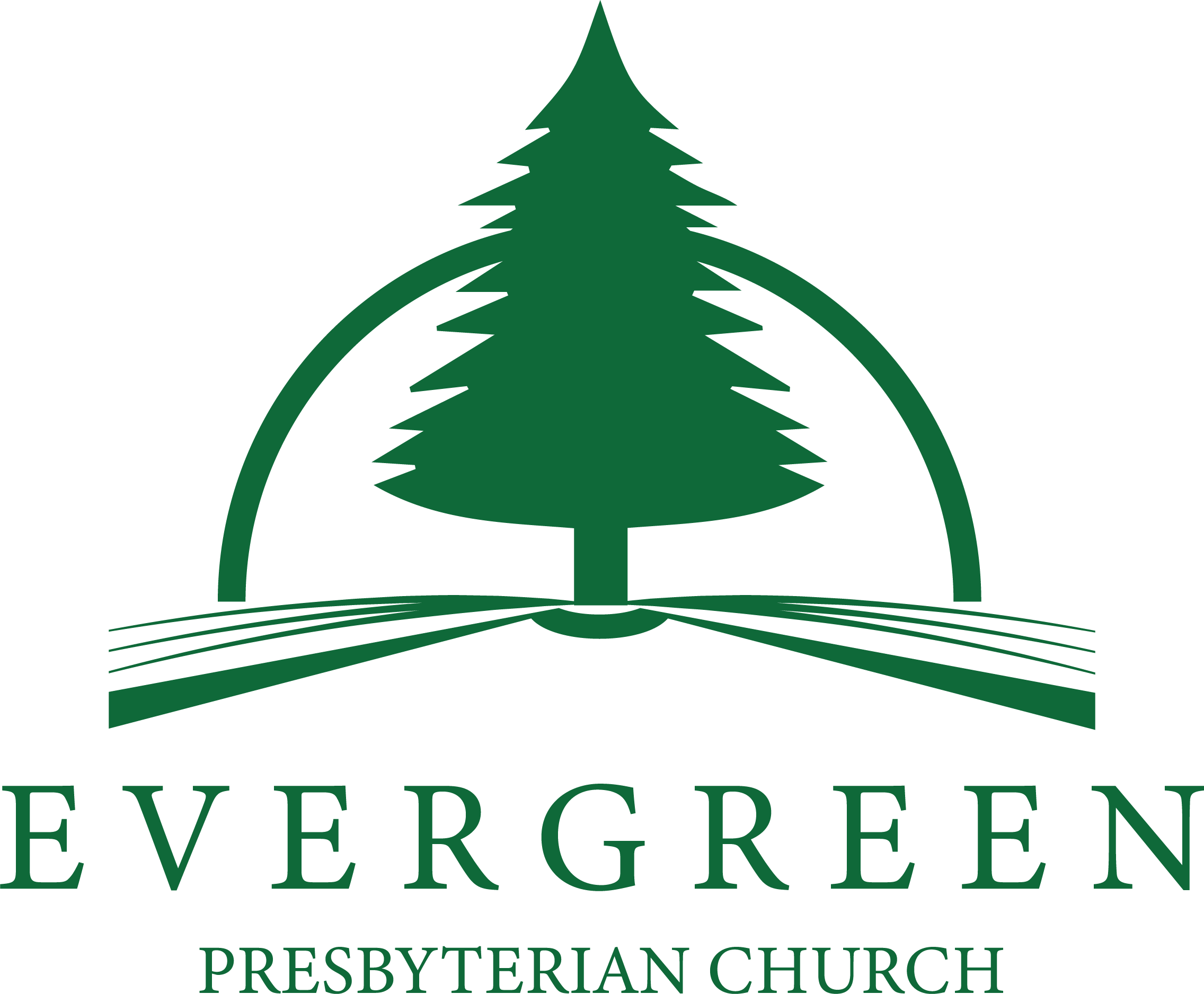Theology
1 - Beginner
Knowing God
J.I. Packer
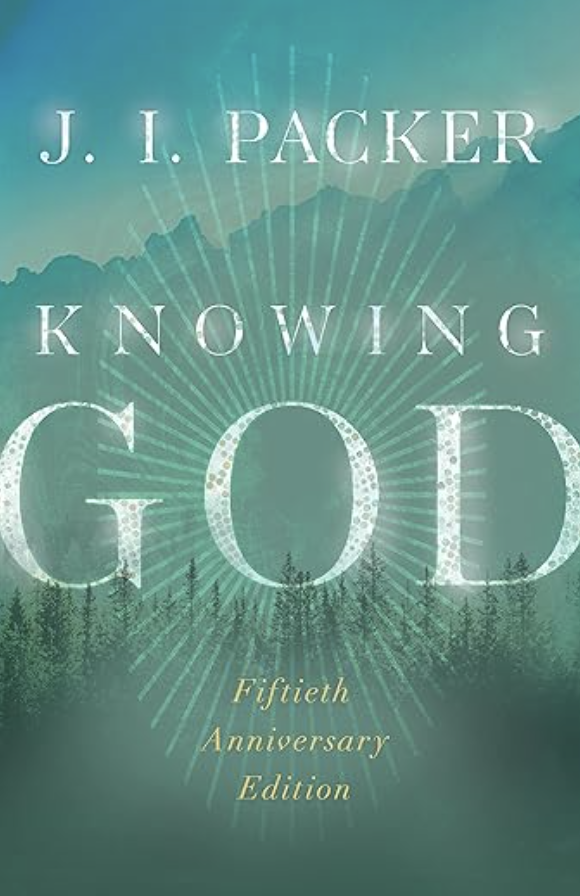
This is the first book I was ever given as a new Christian. J.I. Packer introduced me to a high view of God in his holiness, wisdom, and sovereignty. I read this as a teenager, and believe that any Christian should be able to benefit from it regardless of their age or maturity.
1 - Beginner
Daily Doctrine: A One-Year Guide to Systematic Theology
Kevin DeYoung
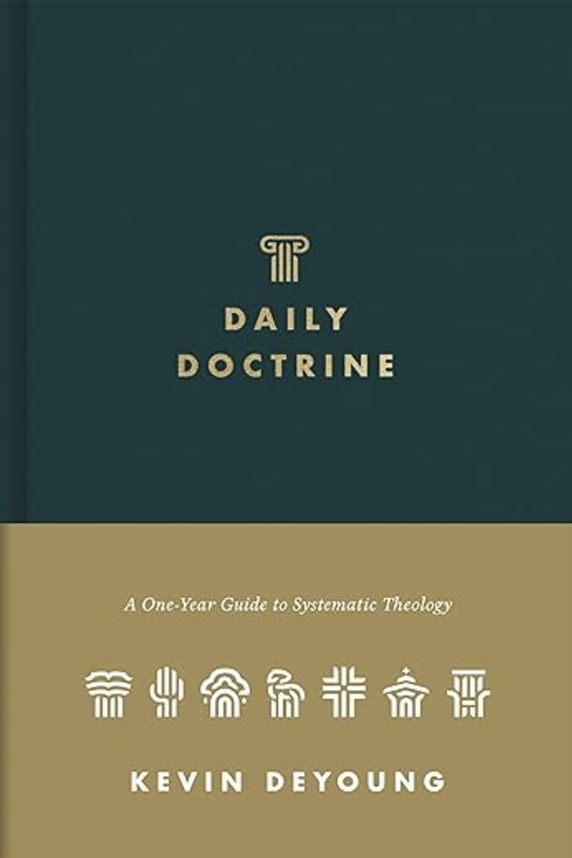
Reading this book, I felt one incredible emotion: pride. Not the unbiblical kind of pride, but the sort of glowing admiration for a fellow brother who accomplished something really amazing. In this book, fellow PCA Pastor Kevin DeYoung manages to introduce his readers to the intimidating subject of systematic theology in a way that is explicable to the average church member. This book includes five readings for each week. At the end of a year, the reader has received a crash-course in systematic theology. Each entry is about a page long (500 words or so). The book is the opposite of intimidating, and I hope that more and more Christians and families get this book and use it.
2 - Intermediate
Pilgrim Theology: Core Doctrines for Christian Disciples
Michael Horton
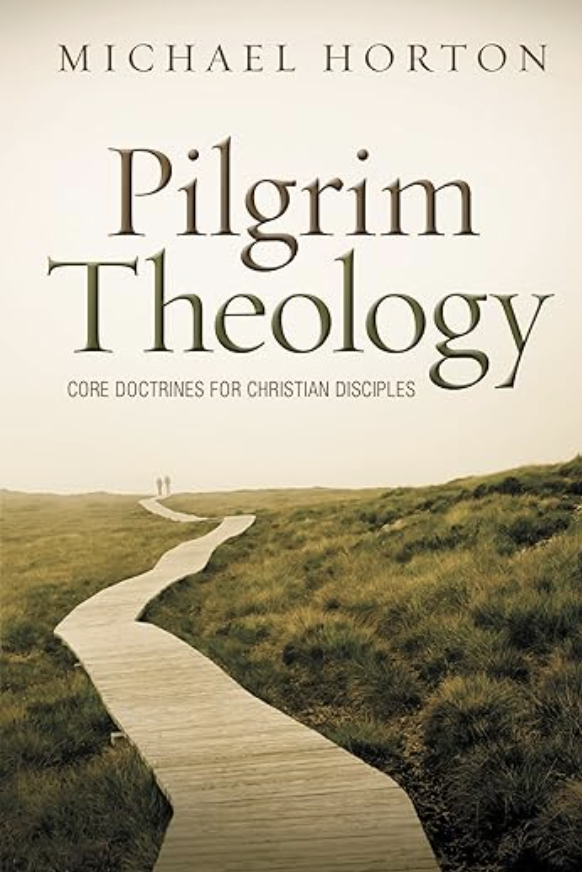
While Packer’s book listed above is an excellent overview and introduction to evangelical theology, Horton is more explicitly Reformed, and so is my intermediate recommendation for the person who wants to go deeper. In this book you’ll be getting an explicitly Reformed understanding of the sacraments, election, and justification.
3 - Advanced
The Existence and Attributes of God (2 volumes)
Stephen Charnock
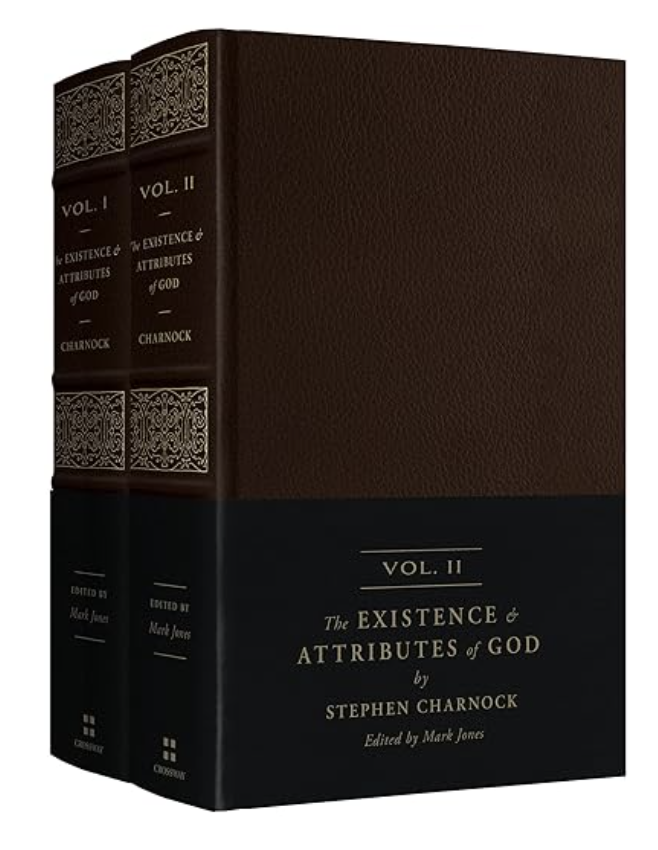
Richard Muller describes the real value of Charnock best, saying that it “certainly stands as one of the more elaborate and detailed treatises on the subject written in the seventeenth century and…partakes of the careful distinctions and definitions that belong to the scholastic theology of the era. It also evidences the exegetical and practical character of the Protestant theology of the era, with consistent references to the texts of Scripture on which its teaching is based and equally consistent attention to the churchly and pious ‘use’ of each doctrinal point.”
3 - Advanced
Contemplating God with the Great Tradition: Recovering Trinitarian Classical Theism
Craig A. Carter
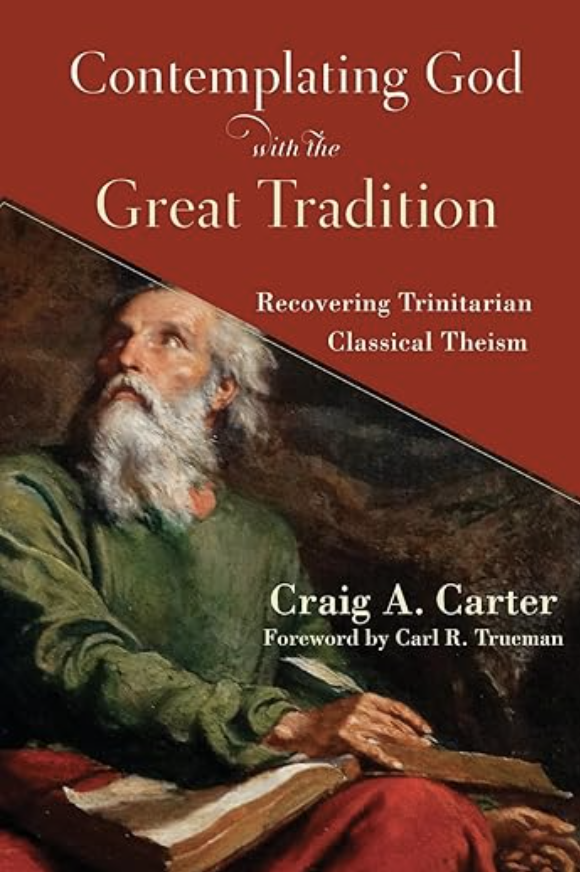
I have a great hunger for the church to be guided by Scripture. But we never read Scripture or understand God in isolation from the church that has gone before us in history. Because of this, we need to be studying with the help of those who will point us back to church history as a crucial help to our theology. This is an excellent book for those who want to go deeper and to be encouraged to read the church Fathers as they contemplate doctrine of God proper.
3 - Advanced
On Classical Trinitarianism: Retrieving the Nicene Doctrine of the Triune God
Matthew Barrett (edited)
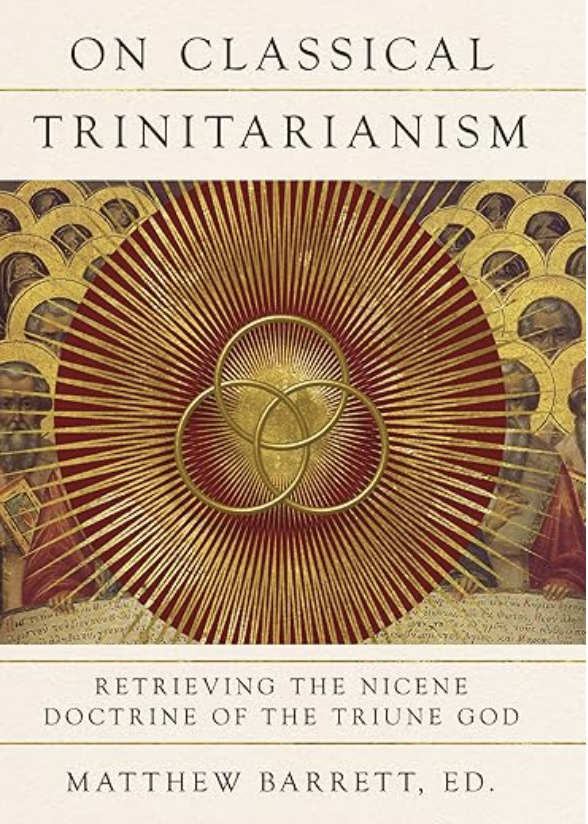
Contemporary philosophers and theologians have recently questioned the historic doctrine of the Trinity – either by suggesting that there is eternal subordination between the Father and Son, by questioning the divine simplicity of God, or by denying the eternal generation of the Son. For this reason, this book has been badly needed. This massive tome is a 40-chapter collection of essays by probably the greatest Trinitarian scholars in the world (both Protestant and Roman Catholic), all writing in defense of the classical doctrine of the Trinity as set forth at the Council of Nicaea and confessed by the church since that time. This is a big challenging book, but I really cannot recommend it highly enough for someone who is up to the challenge.
